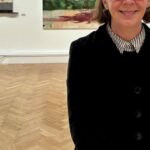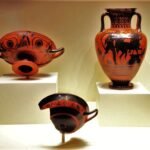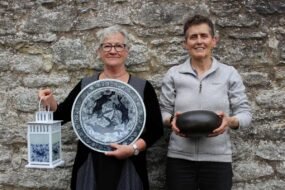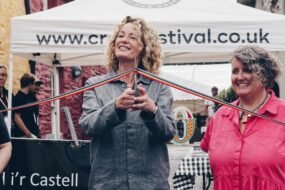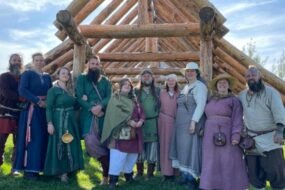
Objects and everyday life in Early Modern Latin America
Art, crafts, and material culture in light of the encounter with European travellers
Paris, February 12, 2025
Colonial studies in recent years are increasingly bringing attention to topics that go beyond purely historical, geographical, or ethical issues. There is also a desire to focus on aspects of everyday life, on the elements that constituted moments of family routine, the rituals of cult activities, the spheres of work, like handicrafts, agriculture, and commerce, or personal affairs. In this field, research from a variety of disciplines is mixed, collaborating with each other to search for sources from which information can be drawn, and to analyse their contents in order to reconstruct contexts and narratives that can give us glimpses of the reality of that time.
This workshop intends to explore precisely this reality, and investigate the objects that were part of the private and everyday – but also public and religious – moments in the lives of the peoples of Latin America between the 16th and 18th centuries. Consideration will be given not only to items produced, constructed, and preserved in situ, but also to those that travelled to Europe with the ships that returned there, collected by travellers as curiosities or trophies. Particular attention will then be paid to objects that were derived from the encounter with European culture, through technical, practical, or aesthetic inspiration. Therefore, all proposals that deal with the world of objects, both craft and artistic, and material culture related to colonial Latin America and its encounter with Europe are welcome.
Please submit a one-page pdf with abstract for an unpublished contribution and short bio by November 15, 2024, at the following address: maddalena.bellavitis@gmail.com. Presentations will be in English, French, Spanish or Portuguese and will last a maximum of 20 minutes. The organizers, Maddalena Bellavitis, Corinne Mencé-Caster, and José Manuel Santos Pérez, will notify the selected proposals by the end of November 2024.


